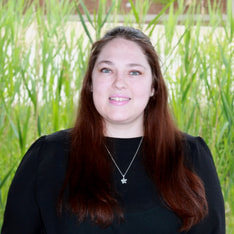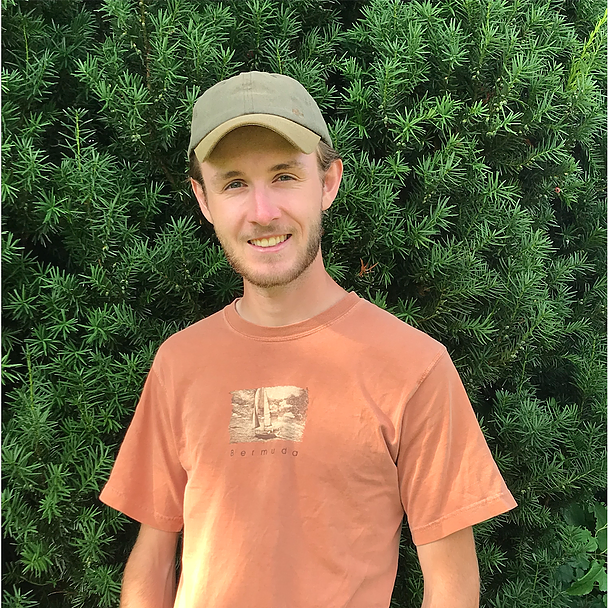Graduate
Degree Opportunities
At the Ontario Tech University, students who have completed their undergraduate degree in Forensic Science can complete a Master's or Doctorate in Applied Bioscience (APBS).
Forensic Bioscience is one of the multi-disciplinary fields within the APBS graduate program. It is a distinct field that combines special content areas of biological and chemical sciences with training in legal and forensic investigations. National security, bioterrorism, and global pandemics are just three examples of areas in which skilled forensic bioscience workers will be in high demand in the future. For many scientists, the field of forensic bioscience crystallizes an area of research at the interface between biology, chemistry, forensic science, and legal science.
More information about Graduate Studies in Applied Bioscience.
-
Student Examples

Angela Skopyk is currently completing her Doctorate in Applied Bioscience under the supervision of Dr. Hélène LeBlanc. Her specific research interests include using electroantennography to determine the effects of decomposition volatile organic compounds on fly succession.

Mitchell Tiessen completed his MSc in 2021 in Applied Biosciences. He used electrochemical methods to characterize degrading bloodstains, and won the W.R. Smith MSc Thesis Award, ECS Poster Award, CSFS Educational Award and an OGS for his research (2021). He is now an analytical instrumentation specialist with Solvay.
